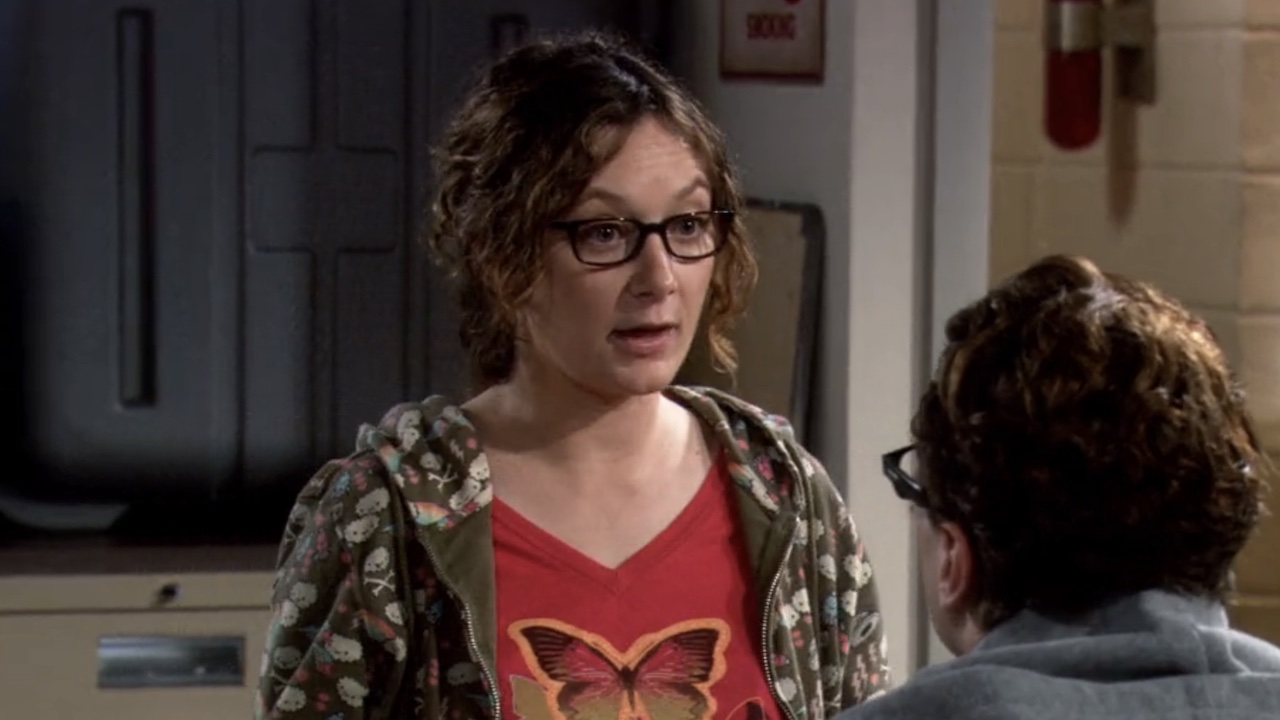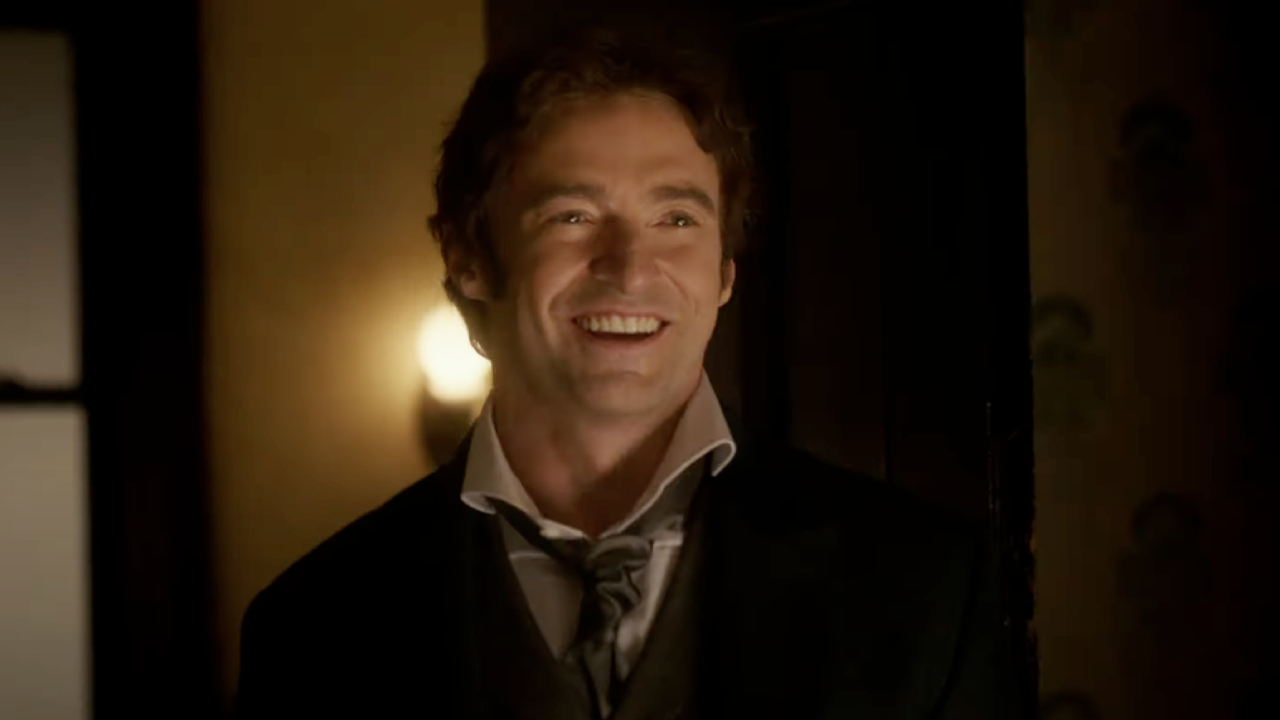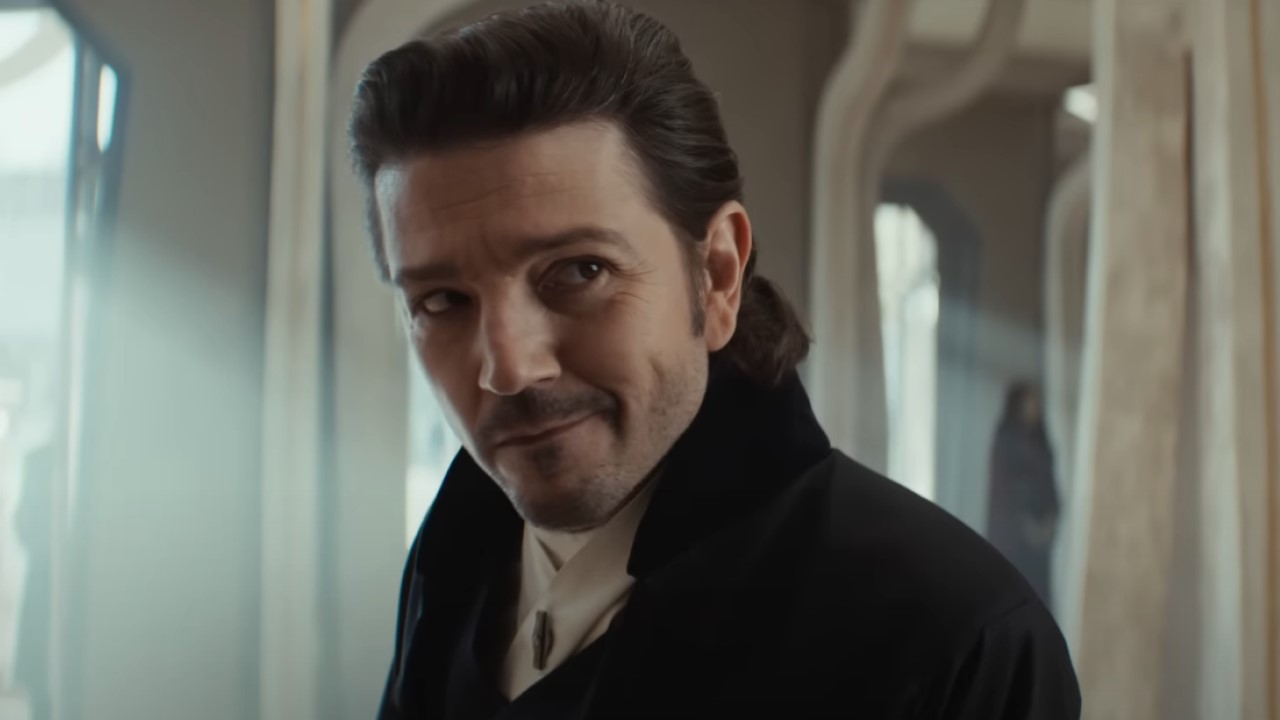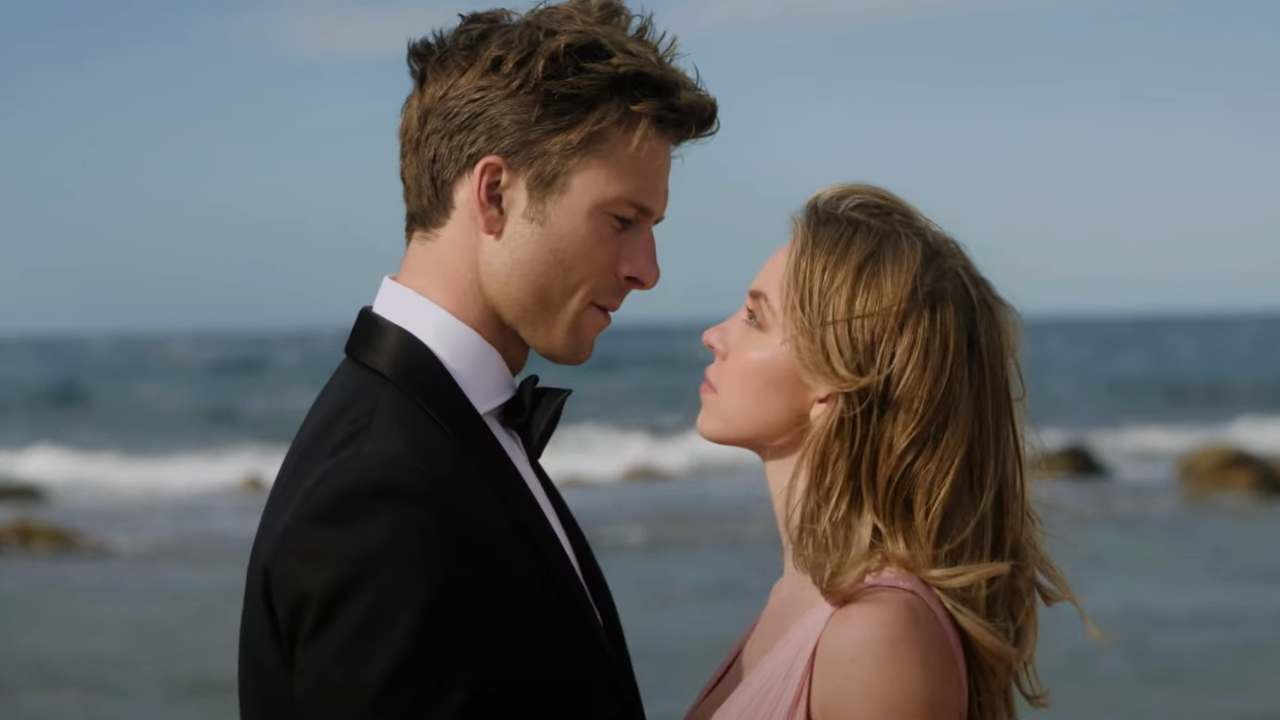3 Big Reasons Oliver Shouldn't Return To Killing On Arrow

Arrow set a fresh standard for comic television back in 2012 when it presented a new kind of small screen superhero. Oliver Queen had no superpowers or supersuit or super pals to save the day for him. He had a bow, he had a quiver, and he was willing to use just about any means necessary to achieve his goal of saving his city. Oliver was by no means the first dark and gritty hero to hit the streets in costume, but he did have one quality that set him apart from most other superheroes. Oliver Queen was willing to kill.
I'll be the first to admit that the stunts were at their best in the early days when Arrow would unleash Oliver and let him end the bad guys permanently. The action rivaled anything on the big screen. Still, Oliver gave up killing following the death of Tommy, and he's stayed mostly on the no-killing wagon ever since. Here are three major reasons why he shouldn't return to killing on a regular basis in Season 5. This topic has been pretty divisive here at CinemaBlend and if you disagree, you aren't the only one. Check out Conner's take on the topic, here.
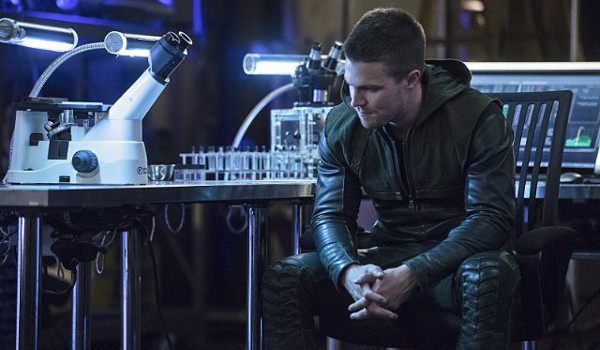
The Show Is About Oliver's Evolution
Arrow is essentially a superhero origin story spanning five seasons. The pilot introduced us to Oliver at his very lowest on two fronts. Flashback Ollie was a spoiled sleazeball with terrible hair who took his girlfriend's sister on a sex cruise, and Present Oliver was a cold-blooded killer. The show ever since has been about Oliver's upswing toward becoming a balanced superhero in his own right. His vow to stop killing was a step in the right direction. To begin killing regularly again would negate all his progress. Killing every once in a while - such as with the Count in Season 2, Ra's al Ghul in Season 3, and Damien Darhk in Season 4 - can work for the greater good, but he shouldn't revert to his days of murdering minions who happen to cross his path. Arrow is a cumulative and evolving origin story, not a procedural.

Star City Can't Endorse A Killer
The citizens of Star City haven't been consistent about much over the years, but the show has always been pretty clear that a lot of people aren't okay with a vigilante who kills. The police spent most of Season 1 trying to stop Oliver, and it wasn't until he found another way of fighting crime in Season 2 that he became a public hero. Everybody turned on him again in Season 3 when it seemed like he was killing once more. Even now that he is mayor with power at city hall, Oliver can't expect the civilians or the authorities to continue supporting the Green Arrow if he resumes his old ways in the long run. It would definitely make for some awkward meetings of the Superhero Fight Club if Oliver was rejected by his own city. Former assassin Sara probably wouldn't judge. Barry would probably cry.
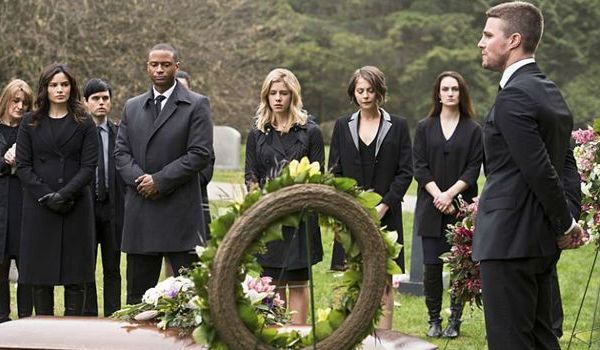
Death Needs To Matter On Arrow
Arrow is by far the most grounded superhero series on The CW. It has gotten more fantastical in recent years thanks to Lazarus Pits and magic and metahumans that migrate over from The Flash, but it remains the most realistic of The CW's DC lineup. Death tends to stick more often on Arrow. If Oliver starts offing scores of henchmen that happen to get in his way, the impact of mortality on Arrow could be lost forever. The decision to kill or not to kill shouldn't be taken lightly, no matter how awesome the stunts may be. The CW's DC universe needs at least one show that acknowledges the gravity of death, even for the bad guys. Oliver has to take dishing out death seriously if we're to sympathize with him when his pals are in danger of dying. Arrow airs on Wednesdays at 8 p.m. ET on The CW. To find out when the rest of your favorites are returning, check out our fall TV premiere schedule.
CINEMABLEND NEWSLETTER
Your Daily Blend of Entertainment News

Laura turned a lifelong love of television into a valid reason to write and think about TV on a daily basis. She's not a doctor, lawyer, or detective, but watches a lot of them in primetime. CinemaBlend's resident expert and interviewer for One Chicago, the galaxy far, far away, and a variety of other primetime television. Will not time travel and can cite multiple TV shows to explain why. She does, however, want to believe that she can sneak references to The X-Files into daily conversation (and author bios).


